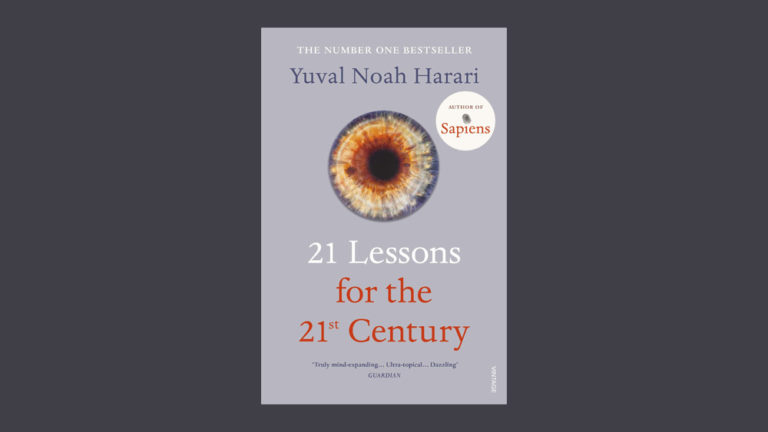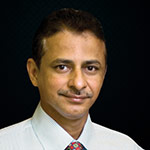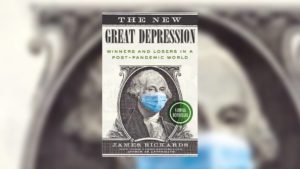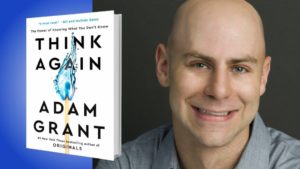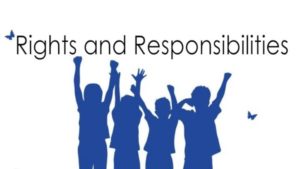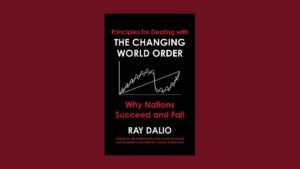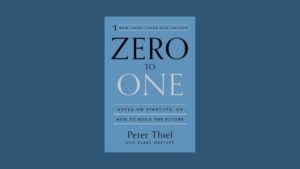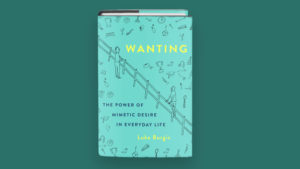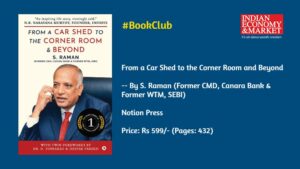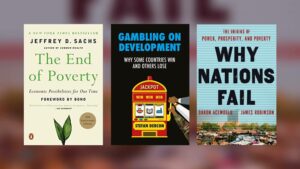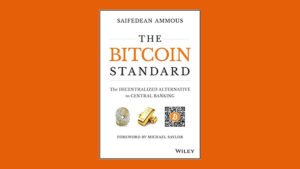A Celebration of Human Wisdom, and The Human Stupidity
Many people throughout the world are only dimly aware, if at all, of the rise of artificial intelligence and its potential impact on our lives in particular and the world in general. The technological revolution in artificial intelligence underway will gather momentum in the next few years and will confront humankind with the hardest trials we have ever encountered.
The author of two global bestsellers takes us on a thrilling journey through today’s urgent issues. The golden thread running through this book is the challenge of maintaining our collective and individual focus in the face of constant and disorienting change. Are we still capable of understanding the world that we have created? How can we protect ourselves from nuclear war, ecological cataclysms, and technological disruptions? What can we do about the epidemic of fake news or the threat of terrorism? What should we teach our children? The author looks at the major forces that shape societies all over the world, and that are likely to influence the future of our planet as a whole.
Reality is too complex as it is composed of many threads. Without claiming to be exhaustive, this book tries to cover different aspects of our predicament and is intended to be rather a selection of lessons that aim to stimulate further thinking and help readers participate in some of the major conversations of our time.
Certain chapters celebrate human wisdom, others highlight human stupidity. The question author is raising: What can we do about the epidemic of fake news? Is a new world war coming? Which civilization dominates the world – the West, China, Islam? Should Europe keep its doors open to immigrants? Can nationalism solve the problems of inequality and climate change?
From the Book
“..the twenty-first century might create the most unequal societies in history. Though globalisation and the Internet bridge the gap between countries, they threaten to enlarge the rift between classes,…”
“Inequality goes back to the Stone Age. Thirty thousand years ago, hunter-gatherer bands buried some members in sumptuous graves replete with thousands of ivory beads, bracelets, jewels and art objects, while other members had to settle for a bare hole in the ground.”
“…hoped that globalization would spread economic prosperity throughout the world, and that as a result people in India and Egypt will come to enjoy the same opportunities and privileges as people in Finland and Canada. An entire generation grew up on this promise.”
“…the rise of AI (artificial intelligence) might eliminate the economic value and political power of most humans.”
“The average duke wasn’t more talented than the average peasant – he owed his superiority only to unjust legal and economic discrimination. However, by 2100 the rich might really be more talented, more creative and more intelligent than the slum-dwellers… By 2100, the richest 1% might own not merely most of the world’s wealth, but also most of the world’s beauty, creativity and health.”
“In the more capitalist USA, the elite might use the first opportunity to dismantle what’s left of the American welfare state.”
“The new model is based on transferring authority from humans to algorithms, including the authority to choose and buy things. Once algorithms choose and buy things for us, the traditional advertising industry will go bust.”
“Terrorists calculate that when the enraged enemy uses his massive power against them, he will raise a much more violent military and political storm…. During every storm, many unforeseen things happen. Mistakes are made, atrocities are committed, public opinion wavers, neutrals change their stance, and the balance of power shifts.”




